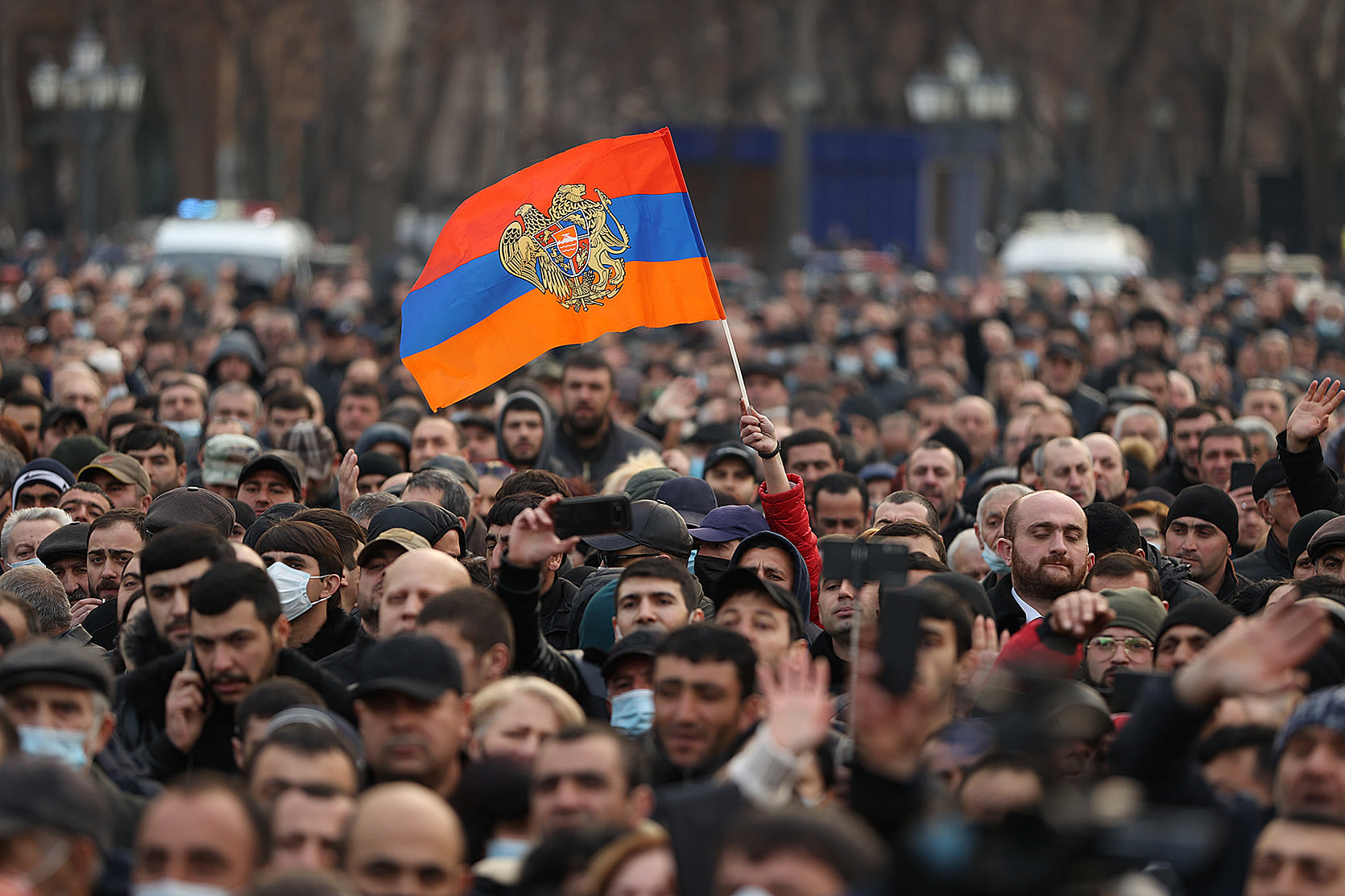Why are Armenia and Turkey enemies?.
Why are Armenia and Turkey enemies? I am compiling the endless confusion between Armenia and Turkey with all the aspects you know and don’t know.
When it comes to Turkey and Armenia, the first thing that comes to mind is the “So-called Armenian Genocide “. What some countries around the world call the “Armenian Genocide“, we define as “So-called” in our country. Because the genocide mentioned; it does not meet the criteria for the crime of genocide, and according to international law, it is not genocide. The only reason why Turkey cannot be tried for the crime of genocide under international law is. The genocide in question was not actually experienced as a genocide, but remained in name. Another important issue is whether the events in a war between two countries qualify as genocide or not is not a political issue, on the contrary, it is a historical issue.
The “Armenian Genocide” cannot be documented as historical in our written history, written not only by Turkish historians but also by world historians. These are the justified reasons behind calling the Armenian Diaspora a “so-called Armenian” genocide.
Beginning of Events: Why did the 1915 Armenian Deportation occur?
On April 24, 1915, the day that the Armenian diaspora and the Republic of Armenia declared as a kind of “selected trauma”, the Government arrested the leaders of the Ottoman Armenian Committees in Istanbul on the grounds that they were “engaging in military activities on behalf of the enemy armies”.
The following statements are included in the intelligence notes prepared by the French Embassy in Istanbul between 25 April and 1 May 1915:
-The Russian navy is at the Black Sea entrance of the Bosphorus.
-British and French navy is attacking the entrance of the Dardanelles.
-On the Caucasian Front, Armenians are fighting against the Turks together with the Russian army.
-Armenian gangs are fighting against the Turks in the Erzurum region, especially in Van.
-The leaders of the Armenian committees were arrested in the Ottoman capital.
-This pressure of the Ottoman government stems from the attitude of the Armenians in Zeytun (Marash) and the Caucasus Front.
-According to the President of the Ottoman War Council; Armenian Committees outside the country are preparing for an uprising in six provinces in Eastern Anatolia.
– The most violent discussion area of the Turkish-Armenian conflict was darkened by effective propaganda in 1915 and afterwards.
The real issue is not the Armenian Genocide
The Armenian Genocide is a trap imposed on Turkey, which, if accepted, hides much deeper purposes. To understand the subject more clearly, first of all, what is the Great Armenian Empire? We must start by understanding this. The underlying goal of the Armenian Diaspora is the dream of a Greater Armenia, which is not often expressed but is the main goal.
Today, this dream is instilled in public schools in Armenia, even among children. The reason for this hatred against Turkey throughout the country is that this ideology is systematically kept alive.
What is Greater Armenia?
Greater Armenia Between 60 and 400 AD, when Armenia was at its peak; From Yerevan to Agra, from Agra, it was an empire as wide as today’s Georgia and Azerbaijan. Even today, Armenians describe these lands as occupied lands. Therefore, the Armenian Diaspora dreams of demanding land from the east of Turkey as compensation if Turkey accepts the so-called Armenian genocide.
Is it a 1600-year-old legitimate right?
Exactly 16 centuries have passed since Great Armenia. Even after 1600 years, the two countries are still in conflict over the lands of 1600 years ago. Of course, a 1600-year-old constitutional monarchy has no place in international law. In short, if Italy were dreaming of Armenia today, it could claim rights over all Soviet lands. As a matter of fact, 1600 years ago, the Roman Empire was located in the area that today covers the Soviet territory. This conflict, which continues as a result of an illegitimate dream within the framework of international law, does not seem possible to be resolved.
